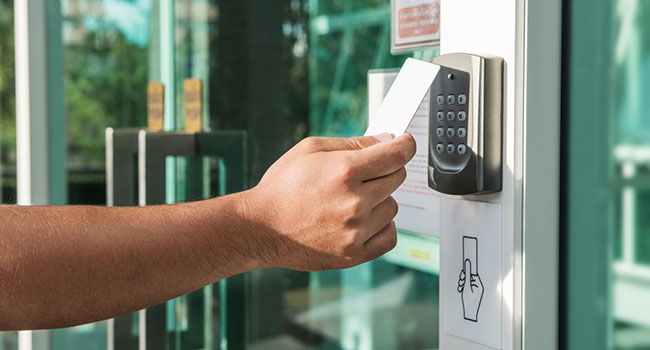
Popularity of Key-Copying Machines Spark Concerns About Potential Criminal Use
Security consultants say that they are advising clients against proximity cards for access control due to the ease of copying some electronic access cards.
- By Haley Samsel
- Oct 15, 2019
Security experts are sounding the alarm about the growing popularity of machines allowing customers to copy electronic access cards, according to a CBS News report.
KeyMe, a New York-based startup created in 2012, has been expanding its key-copying business this year with a $50 million capital investment and plans to expand to 10,000 locations in convenience stores, pharmacies and grocery stores.
But since the company decided to expand its business from focusing on brass keys to electronic access keys, there have been rising concerns about the dangers of those copies getting into the wrong hands.
One security consultant, Jim Elder, told CBS that the kiosks have made it incredibly easy for people to copy proximity cards to offices, apartments and vehicles. These cards allow the user to unlock cars and apartment building doors when they come within a certain distance of the door.
"I don't know anybody in my business who would recommend proximity cards now — just because of the ability to clone that card," Elder said.
CBS found that it cost about $25 to copy an apartment building key fob, making the point of entry relatively cheap for aspiring criminals. In response to the concerns, KeyMe founder and CEO Greg Marsh said that his company’s kiosks make key-copying more secure than previous offerings.
He said that KeyMe can “determine who made the key via the financial paper trail” created by the purchase and security footage from the machine that is time stamped.
But Elder said that the security industry is still worried about the potential consequences of the millions of cards copied by KeyMe and other machines: “Everyone is freaking out.”
About the Author
Haley Samsel is an Associate Content Editor for the Infrastructure Solutions Group at 1105 Media.